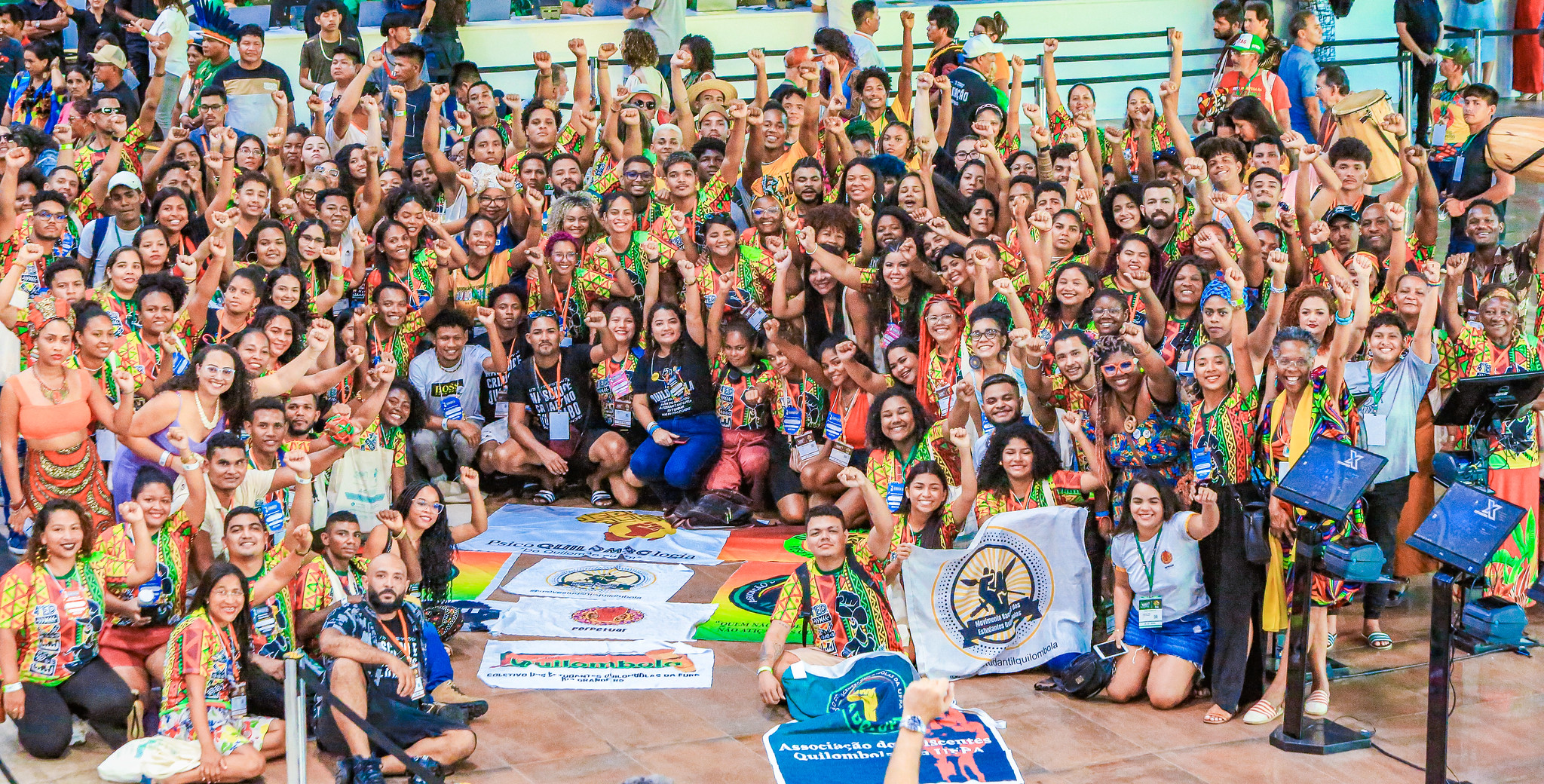G20 Social

One of the Brazilian federal government's hallmarks of the administration of president Lula is that civil society may be heard in public policy construction processes. This decision is the same for the international agenda. The G20 Social was announced by President Lula at the 18th G20 Summit of Heads of Government and State in New Delhi, India, when Brasil symbolically took on the group's presidency.
The G20 Social's goal is to increase the participation of non-governmental stakeholders in G20 activities and decision-making processes. During the Brazilian presidency, the G20 will carry a special motto: “Building a Just World and a Sustainable Planet.”
As part of a plural, diverse country with authority to address fundamental, issues such as climate change and the fight against hunger and poverty, the G20 Social will ensure space for many voices, struggles and demands of populations and non-governmental stakeholders from member countries that are the world's largest economies.
This is how internal national policies are being handled — and how the Brazilian G20 presidency wants to strengthen discussions on the many different topics that are addressed by G20 engagement groups. They must reflect the global character of the common challenges experienced by our populations. Furthermore, Brasil wants civil society collaborations to be analyzed and, whenever appropriate and with consensus, incorporated into the Leaders' Declaration.
The 13 engagement groups that are a part of the G20 Social are the following: C20 (civil society); T20 (think tanks); Y20 (youth); W20 (women); L20 (work); U20 (cities); B20 (business); S20 (science); Startup20 (startups); P20 (parliaments); SAI20 (supreme audit institutions); and the newest J20 (supreme courts) and O20 (oceans).
These groups must provide a broad structure to forward the demands and aspirations of G20 countries’ societies to their leaders and influence grouping decisions. More than 50 engagement group meetings and other activities involving societies from the grouping's countries have been planned during the Brazilian G20 presidency.
In addition to the activities that are inherent to the 13 engagement groups, the G20 Social will also include initiatives and events to be carried out in coordination between the political (Sherpa Track), financial (Finance Track), and said groups, as well as non-governmental initiatives outside the latter's contexts.
The Brazilian presidency will also promote discussions on new mechanisms to ensure the influence of non-governmental stakeholders in grouping meetings.
The highlight of G20 Social will be the Social Summit to be held between November 14 and 16th, 2024, on the eve of the G20 Leaders' Summit, both in Rio de Janeiro. The Social Summit will be the stage that will showcase the work developed over almost a year by societies; a rich panorama of the exchange of experiences between non-governmental agents that will certainly show new paths for the construction of policies that reflect values such as social, economic and environmental justice; and the fight to reduce all types of inequality.